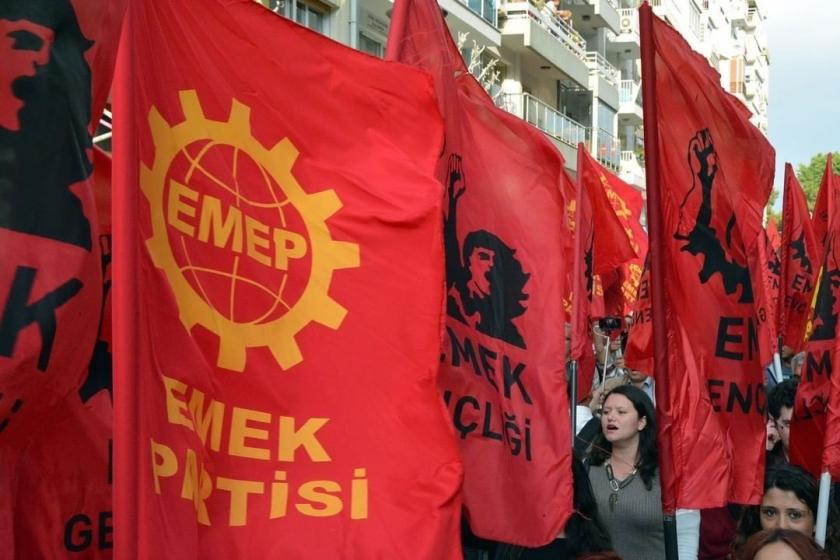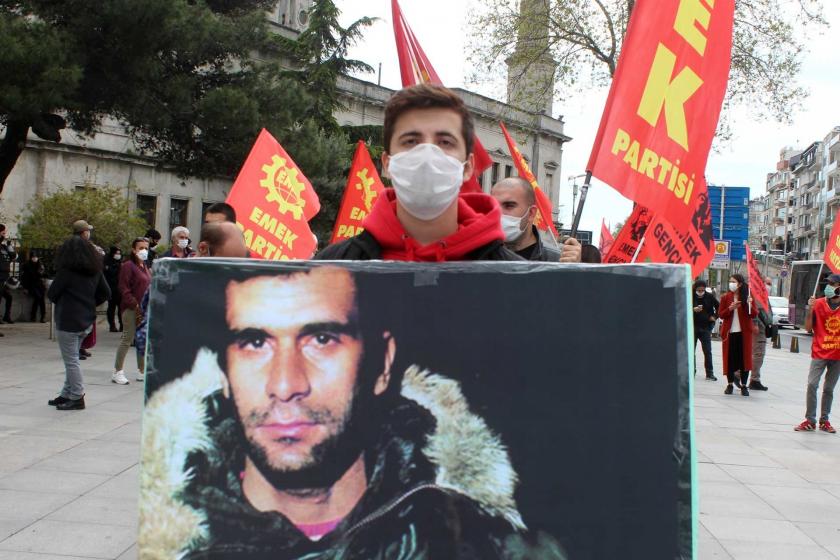Hilmi MIYNAT
Denizli
Association for Migration Research (GAR) has published a report about Afghan immigrants in İstanbul titled “Ghost of Istanbul: Afghans at the Margins of Precarity”. The report contains stories on immigrants’ journeys, working and living conditions in Istanbul.
After dangerous migration it is hard to live in Turkey as an immigrant. Finding accomodation, work and be able to earn money are really hard problems for immigrants.
In the summary section, the aim of the report is explained as follows: "This report, by turning the spotlight on the city of Istanbul, aims to improve understanding of the Afghan migratory movement that is intensely associated with regional conditions in Afghanistan, Pakistan, Iranö and Turkey. The report links the precarious conditions of Afghan population living in Istanbul to wider historical, social, economic and political infrastructures of the region. The main objective of this research is to grasp various forms of long-standing precarity produced in Afghanistan, speeded on the move and clinched in Turkey."
"The research is based on 50 semi-structured, in-depth interviews conducted with Afghans in various Istanbul districts, namely Zeytinburnu, Esenyurt, Tuzla and Beykoz. Istanbul is selected as the main venue of research due to its unique composition inhabiting the largest population of unregistered and undocumented Afghans working in the labor market."
There are stories about immigrants in the report: their journey, life in Istanbul, etc. One of them is Abdul’s story. He started his journey in 2017, right after his survival from the prison of the Taliban. “I was a teacher in Afghanistan. The Taliban occupied our region and forced me to blow up the school. They hate education. When I stood out against, they imprisoned and severely tortured me for one and half year” says Abdul. His father pays a large amount of money by selling their properties to save his son from the Taliban, and ultimately fleeing from the country appears to be the only option to be alive.
“PAKISTANI POLICE ASKED 8000 TOMAN FOR EACH PERSON”
The story of Ali who is a 22-year-old young man takes the lid off the particular details of his dangerous journey took place in June 2020: “My friend came to me and asked, “I found a smuggler, are you going to Turkey?” “If you are serious, I am in,” I said, “whenever you want.” We went home and two hours later we came back with backpacks. We had five thousand Afghan liras. We spent 3 nights by a river, we had only 5 thousand Afghan liras and it all ran out. When the Pakistani police asked 8000 Toman for each person, we had no money, so a friend of ours sold his phone and with that we could pay the police.” Then they went Iran and then Turkey from Van boundary with many hard situations.
“THE HOUSE IS VERY OLD AND HAS INSECTS AND WORMS”
Afghan families share the house together with another family. Fatima is a 27-year-old married woman and works in a tailor company. She came to Turkey with her husband and children in 2018. They are all undocumented. After underlining the strong ties among Afghans, she tells their desperate conditions within the shared house: “After coming to Istanbul for so many days I and my husband were looking to find a house but we failed, finally there was one afghan family who stays with residency, he rent a house for us by his documents. We are 6 people in a basement which has 2 rooms only; the house is very old and has insects and worms, so many times we insecticide the house but they didn’t vanish. My children got skin problems. But we have no other choice than to live here.”
“I WENT TO THE DOCTOR BUT HE DIDN’T TREAT ME”
The report goes on as follows:
"The repeated accounts of Afghans in our research indicate that the only capital they have is their bodily labor, the ability to work under extremely tough conditions approximately 12-14 hours per day. As one of them states, they “do all sorts of work”, including construction, textile, sheepherding, carwash, garbage collection, waitress etc. Another respondent notes that, “where the work is an Afghan is there”. Constant shift from one job to another wherever it is available increases their precarious conditions including exploitation and abuse. Kemal is a Pashtun at the age of 27, an undocumented Afghan man, who arrived Turkey in 2019:” We cannot call it a day until the job is done. For instance, the work takes 10 hours, you cannot say 8 hours is up, I am off. The employer then would not pay. So, you figure, work another 2 hours and get paid at least. If he pays for the extra hours, it is up to him. If he doesn’t, nobody can make him. It is better than not getting paid at all. You continue to work either way. They give us the hardest work that is obvious. That is how it is. If you are not Turkish, you get the hardest jobs. Easier ones are rare. We are assigned the hardest part in a construction. Turkish workers get paid 180-200 TL a day and they get the easiest tasks. We get 150 TL at most but we work the hardest. When my finger got injured at work, I went to the doctor but he didn’t treat me. I came home and wrapped it with plastic. That’s how I got better. I could see the bone and there was so much blood. That scared my boss so he ran off.”
You can read the full report here.
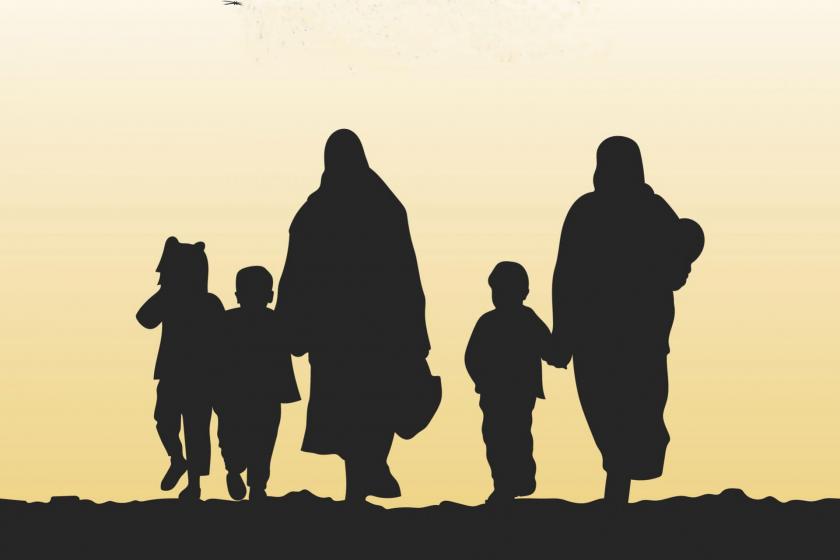
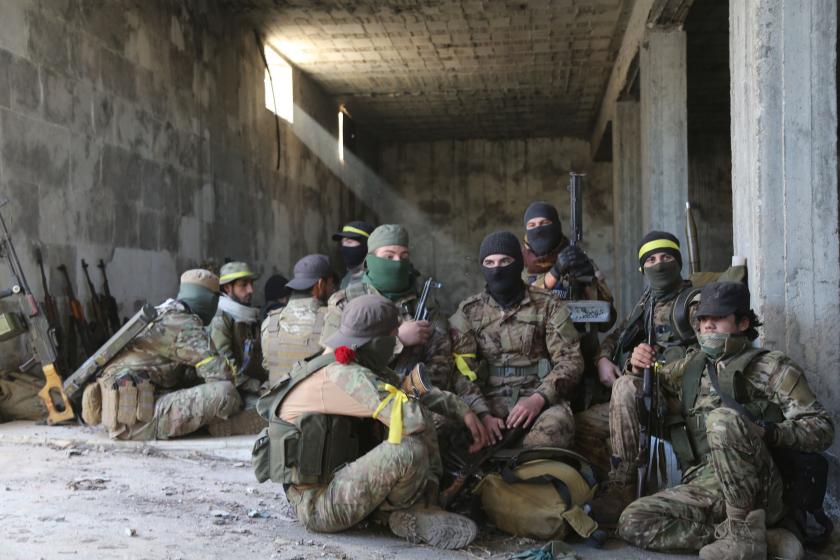
 Yusuf Karadaş
Yusuf Karadaş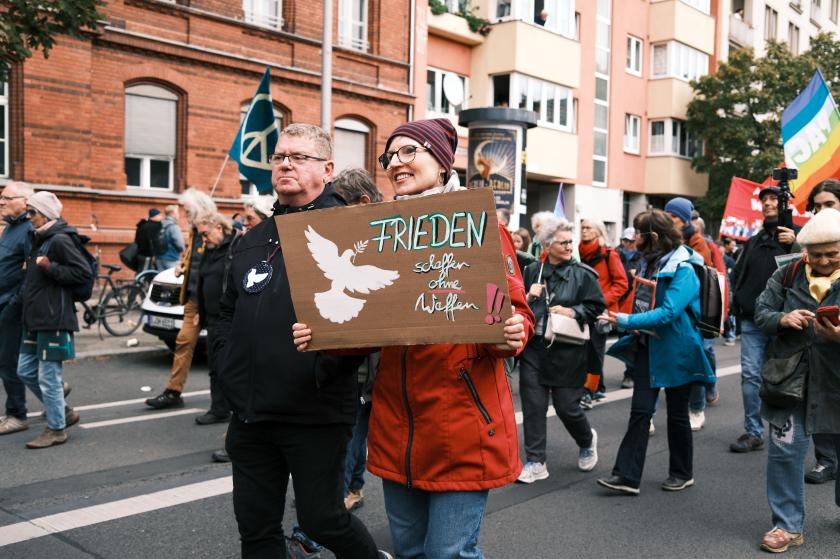
 Yücel Özdemir
Yücel Özdemir